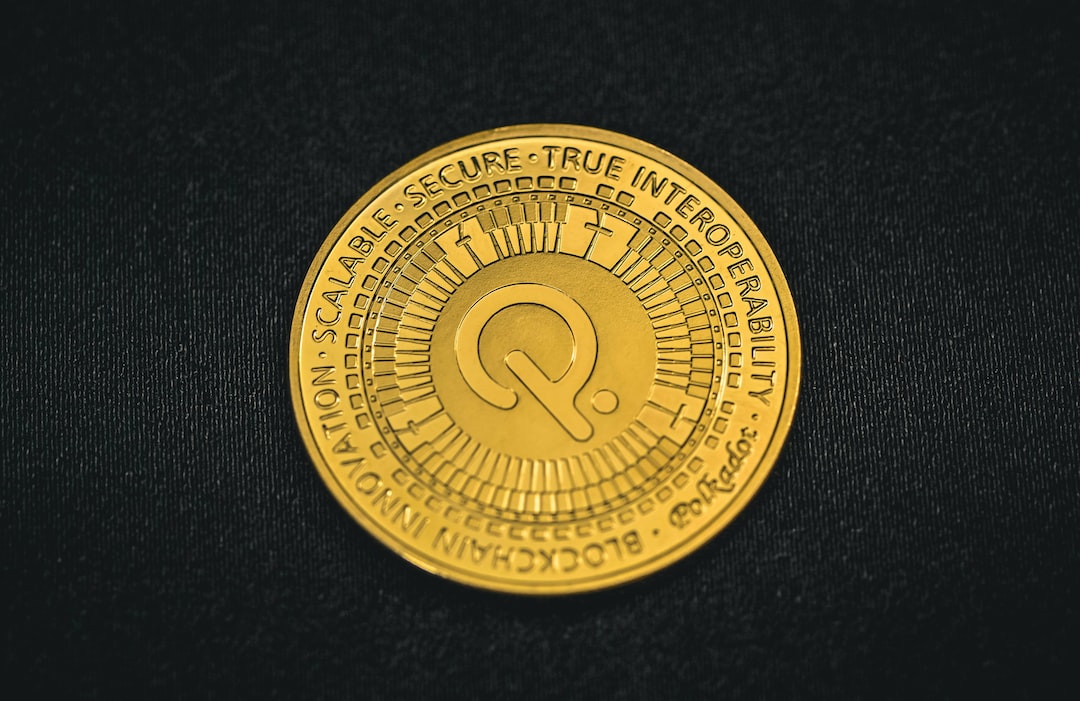Understanding the Security and Immutability of Ethereum Classic
When it comes to cryptocurrencies, security and immutability are two fundamental aspects that users like you must understand and consider. In this article, we will delve into these key features specifically in relation to Ethereum Classic (ETC). By the end of this article, you will have a clearer understanding of why these attributes make ETC a reliable and trustworthy blockchain platform.
Security is paramount in the world of cryptocurrencies. With numerous hacking attacks and security breaches in the past, it’s crucial to know how ETC ensures the safety of your funds and transactions. ETC employs a robust security protocol that is built upon the principles of blockchain technology.
Like its predecessor, Ethereum, ETC operates on a decentralized network of computers, known as nodes, spread across the globe. These nodes work collectively to validate transactions and secure the network. Unlike traditional centralized systems, a decentralized network makes it extremely difficult for malicious actors to manipulate or tamper with the data stored on the blockchain.
To further enhance security, ETC relies on a consensus algorithm called Proof of Work (PoW). This requires miners to solve complex mathematical puzzles, also known as cryptographic hashes, in order to create new blocks and validate transactions. The energy-intensive nature of PoW and the sheer number of nodes participating in the network make it practically impossible for any single entity to control the majority of the network’s computing power and compromise the security of the system.
In addition, ETC leverages cryptography to secure your transactions and addresses. Every transaction made on the ETC blockchain is encrypted and can only be accessed by the intended recipient using their unique private key. This cryptographic system ensures that your funds remain secure and your transactions cannot be altered or intercepted.
Immutability is another essential characteristic of Ethereum Classic. Immutability means that once a transaction or piece of data is recorded on the blockchain, it cannot be altered or erased. This irrevocability is achieved through the consensus mechanism and the distributed nature of the network.
Once a transaction is included in a block and added to the blockchain, it becomes a permanent part of the ledger. The decentralized nature of the network ensures that no single entity or authority has the power to modify the blockchain retroactively. This immutability provides transparency and trust, as any transaction recorded on the Ethereum Classic blockchain can be verified and audited by anyone.
Moreover, the immutability of ETC also ensures that smart contracts, which are self-executing contracts with the terms of the agreement directly written into the code, operate as intended. Once a smart contract is deployed on the ETC blockchain, its conditions and outcomes cannot be altered. This characteristic is vital for industries such as finance, supply chain management, and decentralized applications (DApps), where secure and tamper-proof execution of smart contracts is of utmost importance.
In conclusion, Ethereum Classic prioritizes the security and immutability of its blockchain, making it a reliable platform for users like you. The decentralized network, PoW consensus algorithm, and cryptographic protections ensure the security of your transactions and funds, making it difficult for any malicious actors to compromise the system. The immutability of Ethereum Classic guarantees the transparency and verifiability of transactions and smart contracts, providing a trustworthy foundation for various decentralized applications.
FAQs:
Q: Is Ethereum Classic the same as Ethereum?
A: Ethereum Classic (ETC) is a separate blockchain that emerged as a result of a contentious hard fork in 2016. It shares similarities with Ethereum but operates independently.
Q: Can I use ETC to make purchases?
A: Yes, Ethereum Classic can be used as a medium of exchange for various goods and services, just like any other cryptocurrency.
Q: Is ETC more secure than other cryptocurrencies?
A: While security is a priority for all cryptocurrencies, ETC’s adherence to a decentralized network and strong cryptographic measures enhances its overall security.
Q: Can I mine Ethereum Classic?
A: Yes, ETC can be mined using computational power and specialized mining hardware, similar to other cryptocurrencies utilizing the Proof of Work consensus algorithm.
Q: What are some potential use cases for Ethereum Classic?
A: Ethereum Classic can be used for decentralized applications, financial services, supply chain management, and other industries that require secure and tamper-proof execution of smart contracts.
In this article, we explored the security and immutability of Ethereum Classic (ETC) and its importance in the world of cryptocurrencies. By understanding these features, you can make informed decisions when it comes to using ETC for transactions and exploring its potential applications. Remember to prioritize security in your cryptocurrency endeavors, and enjoy the benefits of a secure and immutable blockchain like Ethereum Classic.





 By
By
 By
By
 By
By

